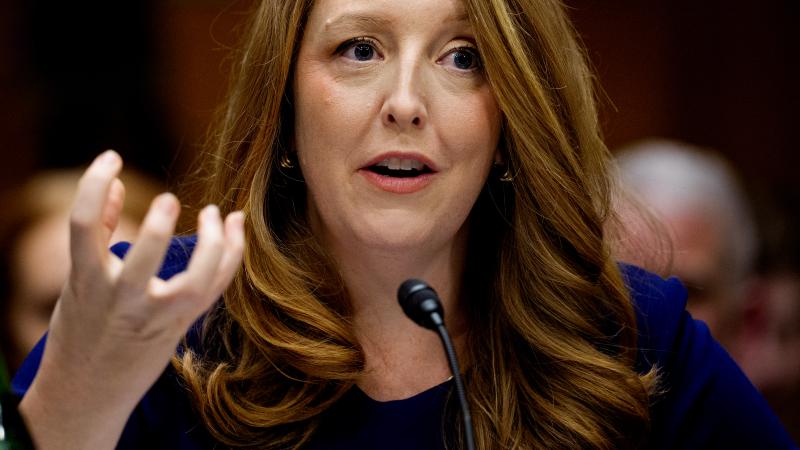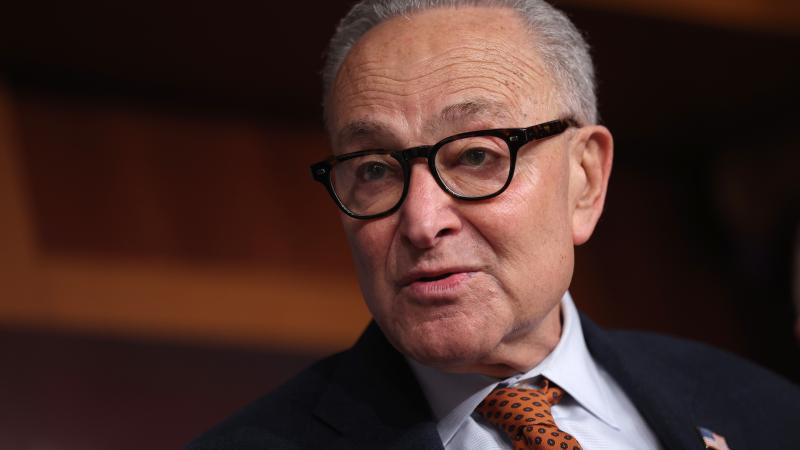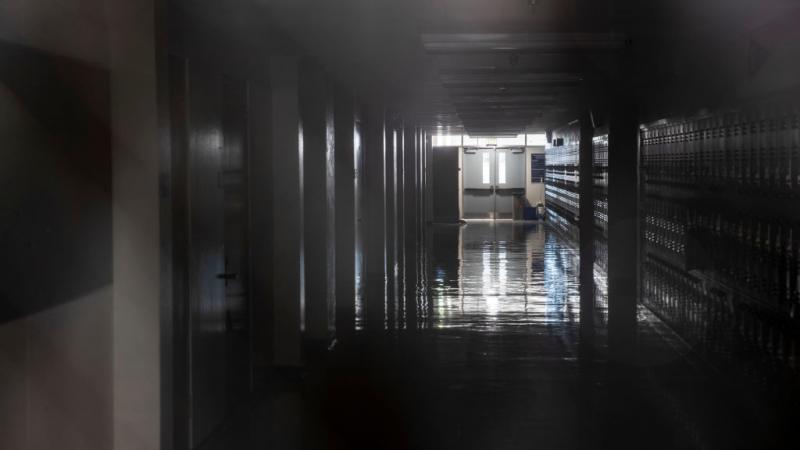Louisiana to vote Saturday on three constitutional amendments, including ban on noncitizen voting
Initiatives include proposals to prohibit voting for people who aren’t U.S. citizens.
(The Center Square) — Louisiana voters will head to the polls Saturday to weigh in on three proposed constitutional amendments.
The Dec. 10 election will feature proposals to prohibit voting for people who aren’t U.S. citizens, require Senate confirmation of the governor’s appointees to the State Civil Service Commission and require Senate confirmation of the governor’s appointees to the State Police Commission.
The Louisiana Constitution currently requires voters to be at least 18 years old and a citizen of the state to register to vote and cast a ballot in elections, with some exceptions for the mentally incompetent and those convicted of specific election offenses or felonies in the last five years.
The proposed Amendment 1 would include language in the state constitution that would require voters to be citizens of the United States.
Proponents contend the measure would close a loophole that has allowed non-citizens to vote in local elections in other states, while opponents argue the change is unnecessary because voters are required to attest that they are citizens to register to vote, according to the Public Affairs Research Council of Louisiana.
Amendment 2 would require the Senate to confirm the six gubernatorial appointees to the State Civil Service Commission’s seven-member board. Currently, the governor selects one of three nominees submitted by presidents of each of the major private universities across the state, including Centenary College, Dillard University, Louisiana Christian University, Loyola University, Tulane University and Xavier University.
The seventh commissioner is elected by the state’s classified employees.
Proponents of Amendment 2 believe allowing state senators to vet the six gubernatorial appointees would increase public oversight and accountability, while opponents argue the change would inject politics into the process.
The arguments for and against Amendment 3 are similar.
Much like the State Civil Service Commission, six of the seven-member State Police Commission are appointed by the governor, who chooses from a list of three nominees submitted by presidents of each of the six major private universities. The seventh member is elected by classified state police officers.
Requiring Senate confirmation of the governor’s picks could inject more oversight into the process, and would put the board in line with other major boards and the governor’s top staff that require Senate approval, supporters argue.
Opponents contend Senate confirmations are typically decided behind closed doors in a process that traditionally allows members to block appointees from their home districts, PAR reports.
An "independent, nonpartisan review" of the amendments is available on PAR’s website, produced with support from The Alta and John Franks Foundation and The Collins C. Diboll Private Foundation.
















